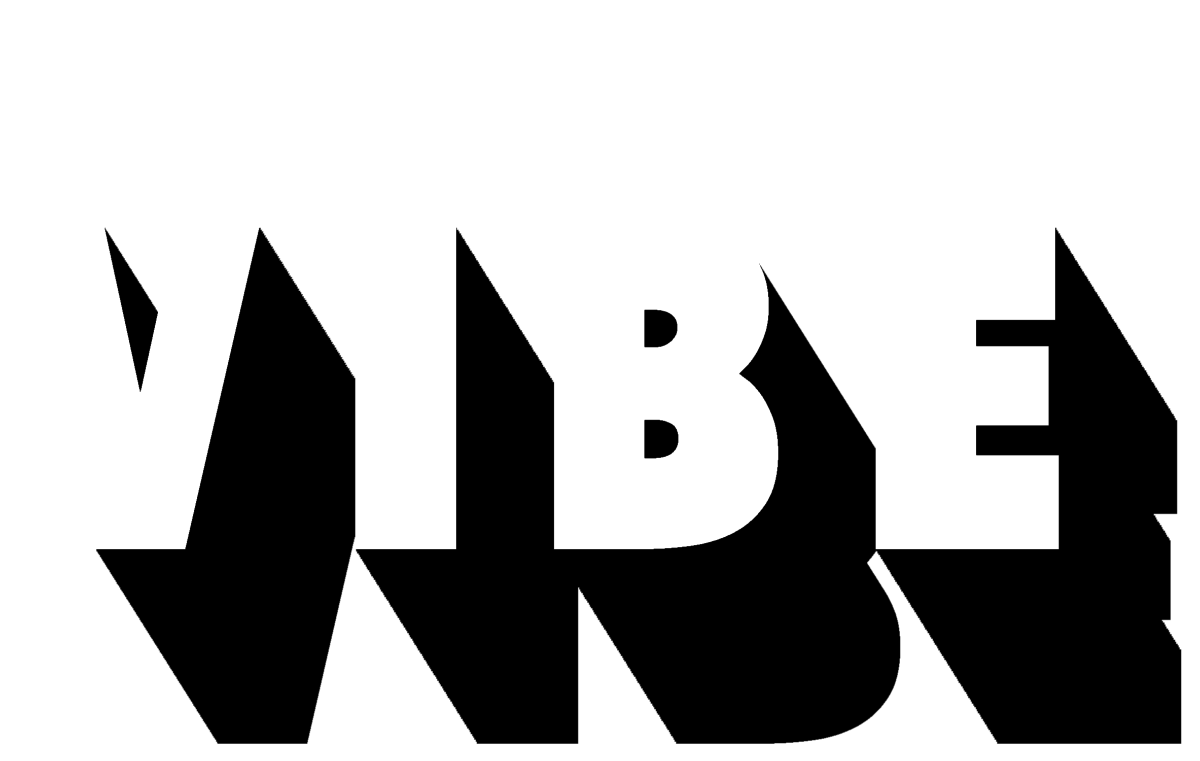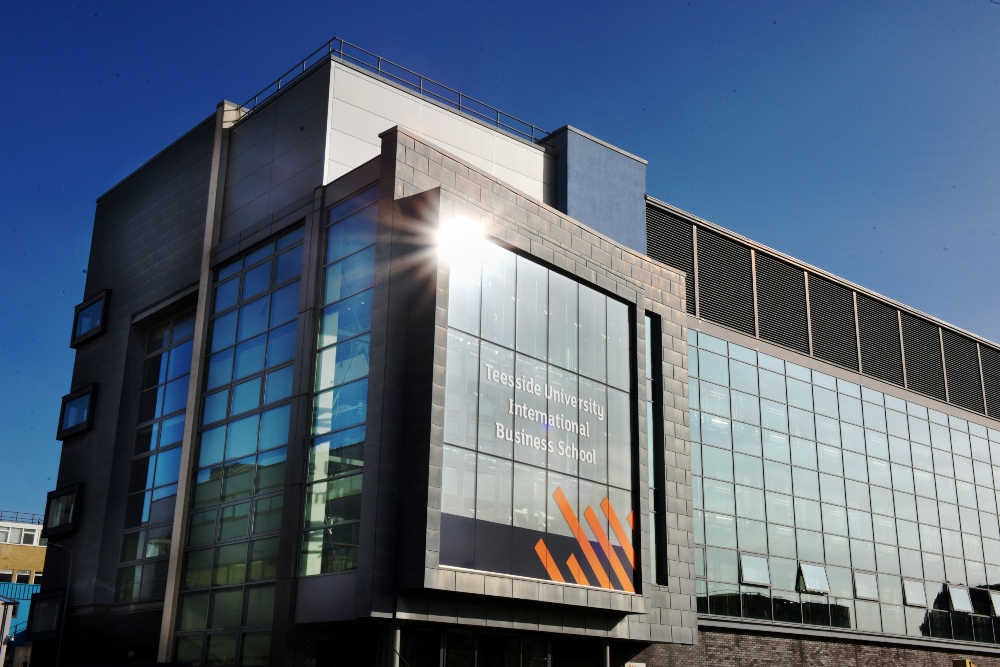To understand the present fully, we must look to the past. History is concerned with how the world came to be the way it is, and why. It’s one of the most popular, and respected academic subjects, and it can open up limitless professional possibilities.
History is one of the most versatile degrees you can take. Did you know Shakira, Jonathan Ross, Sacha Baron Cohen, Louis Theroux, Steve Carell and Prince Charles are all history graduates?
You gain key transferable skills highly valued by employers – including deep level research, critical thinking, and verbal and written communication. You also gain an appreciation and understanding of the culture and attitudes of societies other than our own. So, what next?
Jobs for historians aren’t as elusive as you may think. Whether you want to study history or have already completed your course, you’ve likely heard the question, ‘What can you do with a history degree?’ The answer is, a lot.
- Lawyer
Many history graduates go on to become lawyers. History students often develop skills that are highly valuable in the legal world. Lawyers need to devise arguments based on historical data. They have to be able to analyse large amounts of information and find the flaws and patterns in it.
- Heritage Manager
This role requires a substantial body of historical knowledge. Heritage managers promote the importance of historic places and landscapes, educating the community and tourists about the significance of these sites and objects. Heritage officers can be technicians, wardens or involved in conservation.
- Museum Curator
A natural fit for a history graduate. Museum curators manage collections of objects of historical, artistic, scientific, and general interest, and may conduct public service activities.
- Archaeologist
This is a great example of synergy. Historians study and interpret the past and archaeology is defined as, ‘the science of the treatment of the material remains of the human past’. As an archaeologist, you’ll examine ancient sites and objects to learn about the past, and record, interpret and preserve archaeological remains for future generations.
- Journalism or Media
A great industry for a history graduate – journalism, broadcasting, consultant for historical accuracy, fact finding – the list is endless and the opportunities limitless.
- Genealogy
Genealogy is the study of families, family history, and the tracing of their lineages. Your skills in research, data analysis, critical thinking and complex problem solving, are an ideal fit for this role.
- Archivist
Archivists assess whether a given piece of information is of value, then maintain, preserve and store the information appropriately. Information could be anything from photographs, documents, letters, videos and audio recordings. Archivists may work with government agencies, councils and libraries and be involved in helping to preserve buildings.
- Civil Service
Civil service administrative officers form the biggest group of UK government staff and are responsible for day-to-day operational work that keeps the country running well.
- Teaching and research
History graduates tend to be naturally suited to careers in academia or education. It’s a great opportunity to share their interest – over 70% of all historians work in colleges or universities. (Source: https://www.careerexplorer.com).
- Paralegal
Historians tend to be investigative individuals, which means they’re intellectual, introspective, and inquisitive. Paralegals research historical data, collect information, check facts, look for holes and missing information, and help lawyers ensure they have everything they need to devise a sound argument.
Thinking of studying History? Find out more information on our History course page.



